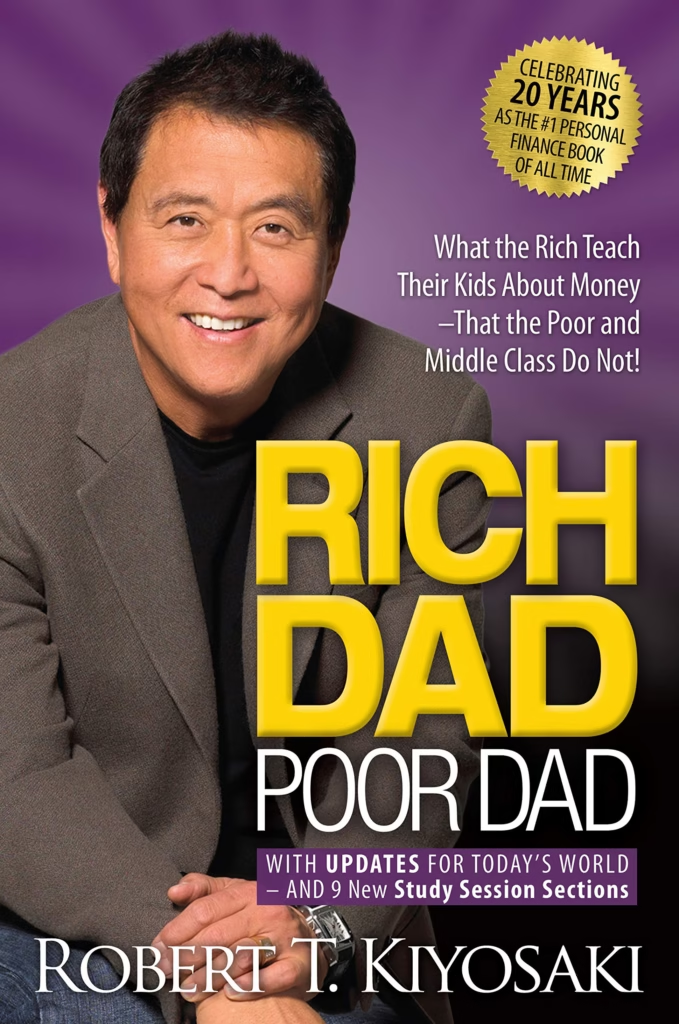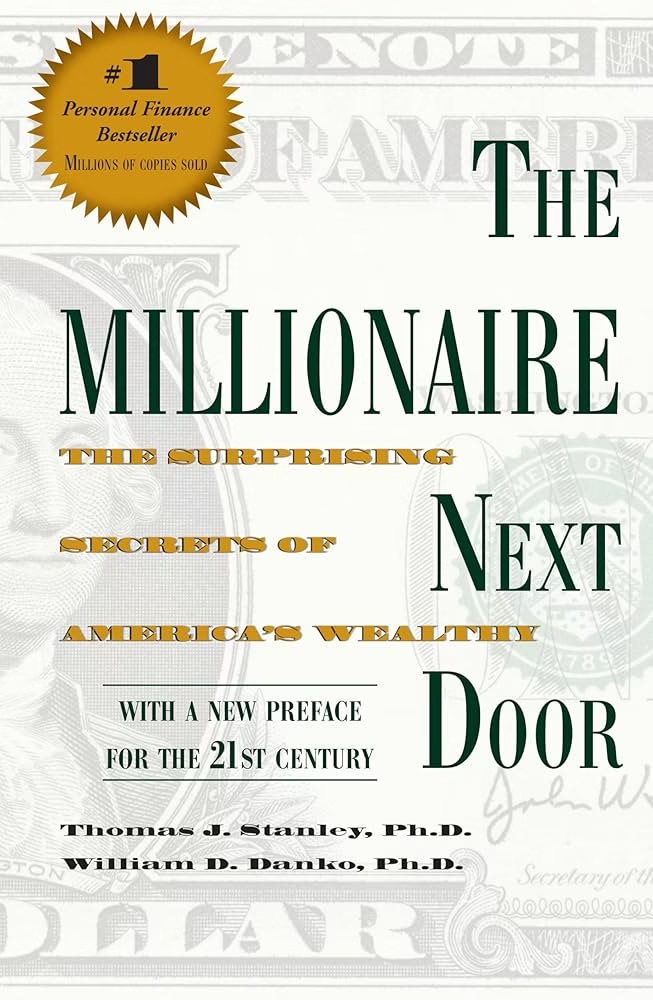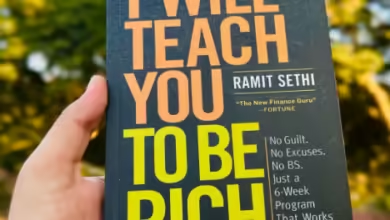Rich Dad Poor Dad vs. The Millionaire Next Door, Which One is More Relevant in 2025?
Find out which book is right for you Rich Dad Poor Dad or The Millionaire Next Door

Choosing the right financial guidance can feel like navigating a maze. Two influential books that often come up in conversations about wealth building are “Rich Dad Poor Dad” by Robert Kiyosaki and “The Millionaire Next Door” by Thomas J. Stanley and William D. Danko. Both offer unique perspectives on achieving financial success, but which one holds more relevance in the evolving economic landscape of 2025 for aspiring investors? Let’s delve into a comparative analysis to help you decide which philosophy might be more aligned with your personal finance goals and the current realities of the modern investment world.
Understanding the Core Principles: Rich Dad Poor Dad’s Entrepreneurial Mindset

Robert Kiyosaki’s “Rich Dad Poor Dad” emphasizes the importance of financial education, asset acquisition, and the mindset of an entrepreneur. Key takeaways include understanding the difference between assets and liabilities, striving to make your money work for you, and the power of financial literacy. The book encourages readers to think outside the traditional employee mindset and explore avenues like real estate investing and business ownership to build wealth. Its core message resonates with those seeking alternative income streams and a more active role in their financial destiny.
Understanding the Core Principles: The Millionaire Next Door’s Frugal Path to Wealth
In contrast, “The Millionaire Next Door” presents a data-driven analysis of how ordinary people become wealthy. Stanley and Danko’s research highlights the common traits of American millionaires, such as frugality, disciplined saving, and living below their means. The book underscores the power of consistent saving and investing over time, often in seemingly unglamorous ways. Its message appeals to those who prefer a more conservative and steady approach to wealth accumulation, emphasizing the importance of financial discipline and avoiding conspicuous consumption.
Relevance in 2025: The Enduring Appeal of Financial Education and Entrepreneurship

In 2025, Kiyosaki’s emphasis on financial education remains highly relevant. The increasing complexity of the global economy and the proliferation of investment options necessitate a strong understanding of financial principles. Furthermore, the rise of the gig economy and the accessibility of online business opportunities make the entrepreneurial mindset advocated in “Rich Dad Poor Dad” increasingly pertinent for those seeking financial independence and the ability to generate income beyond traditional employment. The book’s focus on understanding asset classes like real estate and businesses continues to hold value in a world where diversification is key.
Relevance in 2025: The Timeless Wisdom of Frugality and Disciplined Saving
The principles outlined in “The Millionaire Next Door” also hold significant weight in 2025. While the ways we spend money may have evolved, the fundamental truth that saving more than you spend is crucial for wealth building remains unchanged. In an era of readily available credit and consumerism, the book’s emphasis on intentional spending, avoiding debt, and prioritizing long-term financial security provides a valuable counterpoint. The focus on consistent, disciplined investing in diversified assets aligns with many modern investment strategies for long-term growth.
Which Book is More Relevant for You in 2025? A Personalized Approach

Ultimately, the relevance of each book in 2025 depends on your individual circumstances, risk tolerance, and financial goals.
- Choose “Rich Dad Poor Dad” if: You are interested in exploring entrepreneurship, real estate, and actively seeking ways to grow your income through business ventures and investments. You are comfortable with taking calculated risks and are motivated to learn the intricacies of different asset classes.
- Choose “The Millionaire Next Door” if: You prefer a more steady and less risky approach to wealth building, emphasizing saving diligently, living frugally, and investing consistently in diversified assets. You value long-term security and are disciplined in your financial habits.
It’s also important to recognize that the wisdom in both books can be complementary. You can adopt the financial literacy and asset-focused mindset of “Rich Dad Poor Dad” while embracing the frugal habits and disciplined saving principles of “The Millionaire Next Door.”
Integrating Lessons for Financial Success in Today’s World
In 2025, a balanced approach that combines financial education with practical saving and investing strategies is likely the most effective path to building wealth. Understanding how money works, identifying potential assets, and cultivating an entrepreneurial spirit can be powerful, but these should be coupled with mindful spending habits and a commitment to long-term saving and investment.

By considering the core principles and enduring relevance of both “Rich Dad Poor Dad” and “The Millionaire Next Door,” you can glean valuable insights to shape your own financial journey and make informed decisions in the current economic climate. Both books offer valuable lessons that, when thoughtfully applied, can contribute to your long-term financial success in 2025 and beyond.





